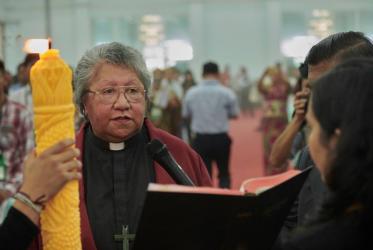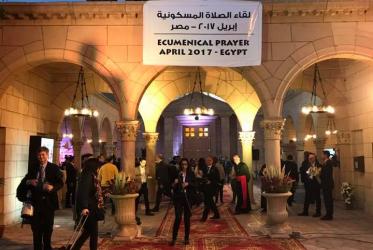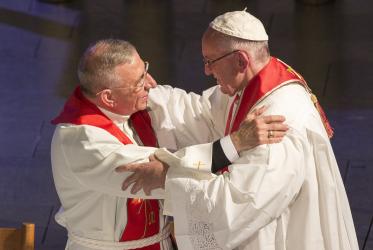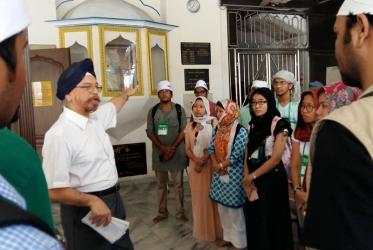Displaying 1 - 20 of 32
Roman Catholic-WCC group focuses on peace-building, migration
19 September 2017
Jewish-Christian relations highlighted in latest Current Dialogue
29 November 2016
What does ‘prudence’ mean for dialogue and peace-building?
16 November 2016












